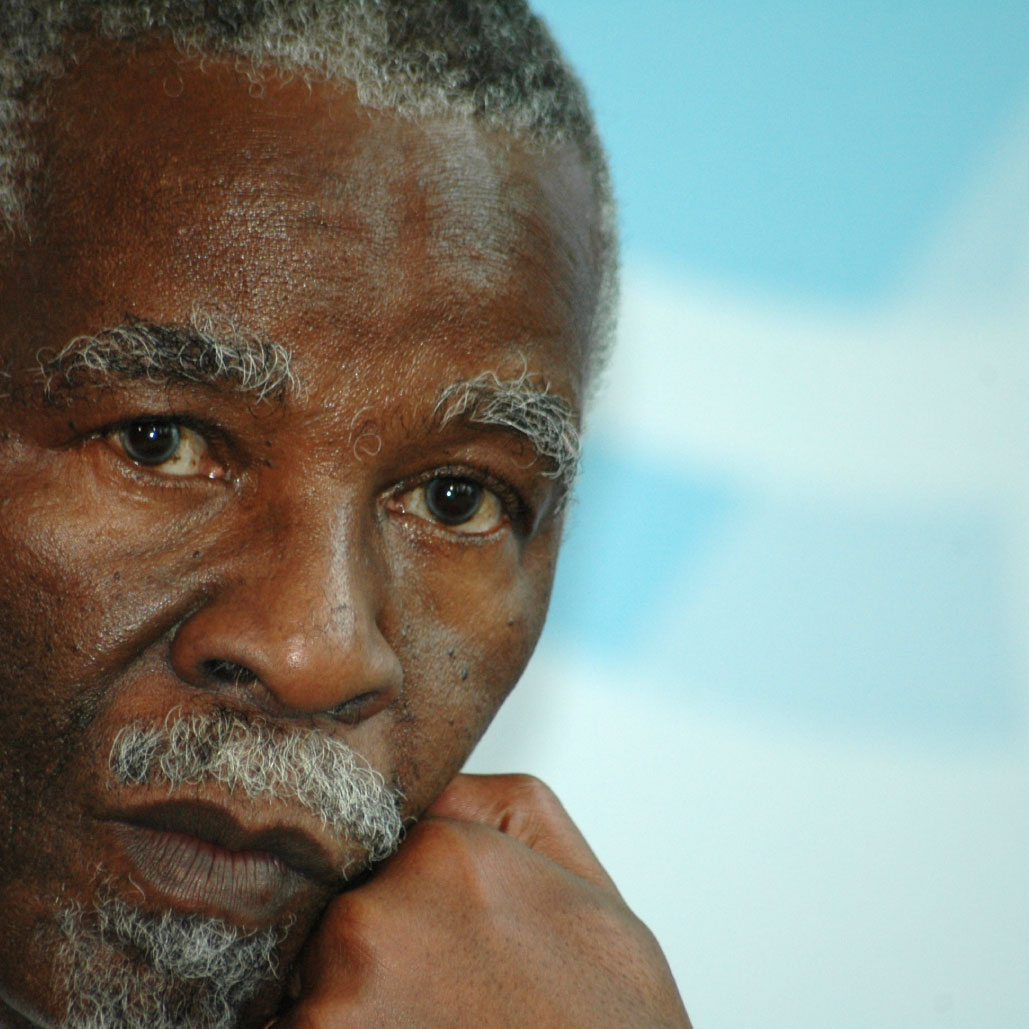Thabo Mbeki’s Decolonial Idea of an African in the African Renaissance
Main Article Content
Abstract
In this essay, I deploy a liberation philosophical perspective in order to understand Thabo Mbeki’s decolonial imagining of an African in the African Renaissance. It is my understanding that the African of the African Renaissance is one who has awakened to the task of undoing coloniality in the African postcolony. For instance, that an African has to declare that ‘I am an African’ in Africa, as Mbeki does, reflects the troubled and also troubling idea of being African in the African postcolony. It might seem that being human, and African in Africa, is an idea under question that must still be declared or defended. Whether one is an African or not in the postcolony is not a given, as colonialism succeeded in changing the being and belonging of Africans in Africa. Through colonialism, settlers became local in Africa and Africans became aliens in their own native territories. Colonialism, especially in its apartheid expression in South Africa,
questioned the humanity of Black Africans, displaced them, and dispossessed them of their land. It is the uprooted, displaced, and dispossessed African represented in Mbeki who makes the remark that: ‘At times, and in fear, I have wondered whether I should
concede equal citizenship of our country to the leopard and the lion, the elephant and the springbok, the hyena, the black mamba and the pestilential mosquito.’ This dehumanised African is the subject who travels from the dystopia of colonialism to the utopia of reconciliation and a renaissance of Africa. This is the African who was caught in the tragic optimism of the liberation ‘dreamer’, but was later to concede that after the end of juridical colonialism, South Africa remained ‘two nations’ racially and socially. Even a globally celebrated democratic Constitution did not come close to solving the political and social equation, the paradox, where South Africa
remains the ‘most unequal country in the world’. For the African of Mbeki’s representation and observation, the dream of liberation from colonialism collapsed into a nightmare of coloniality, and the starting point of an African renaissance is the decolonial effort to
dare dream and imagine another Africa and other Africans built from the ashes of the colonisers and the colonised. This essay is also an observation of the dilemma of a philosopher of liberation who was torn in between the necessity of justice for the victims of colonialism and the importance of reconciliation with the colonisers in the African postcolony.
Article Details

This work is licensed under a Creative Commons Attribution-NonCommercial 4.0 International License.


 https://orcid.org/0000-0001-7376-8908
https://orcid.org/0000-0001-7376-8908



